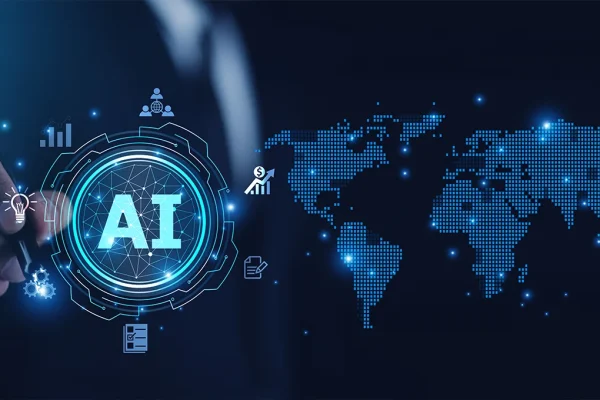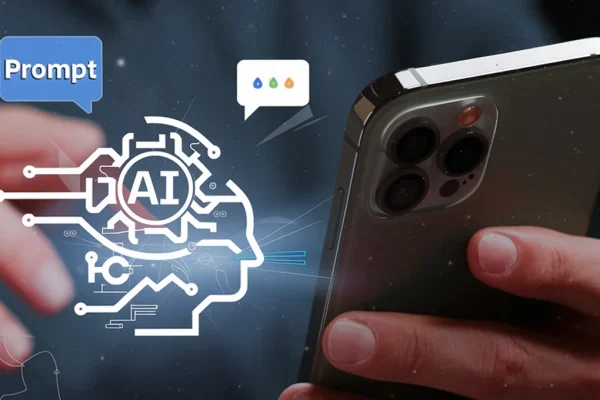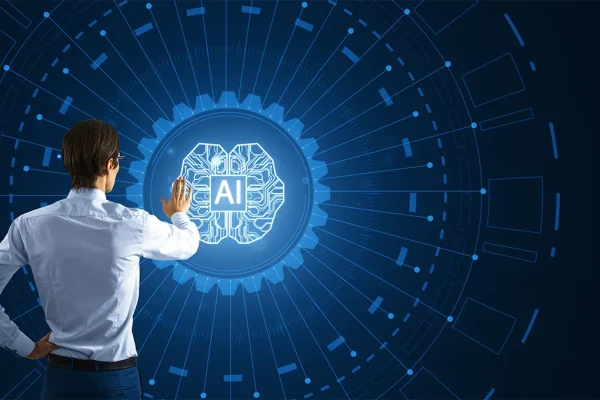OpenAI has officially unveiled its much-anticipated Agent Marketplace, a platform designed to transform how businesses and individuals access, deploy, and monetize AI agents. Unlike traditional AI tools, which require prompts for specific outputs, these agents are designed to autonomously perform tasks, collaborate, and adapt to user goals.
At its core, the marketplace functions much like an “app store” for AI—but instead of apps, it offers specialized agents. These can range from financial planning assistants and customer service bots to code reviewers and project managers, each built to execute end-to-end workflows. Developers can publish their agents, set pricing models, and earn revenue as users adopt them—creating an entirely new ecosystem for AI entrepreneurship.
For businesses, the implications are huge. Instead of stitching together multiple AI tools, companies can now plug into pre-built agents capable of handling everything from market research to automated reporting. Early adopters have reported time savings of up to 60% on repetitive tasks, freeing teams to focus on strategy and innovation.
Sam Altman, CEO of OpenAI, described the marketplace as “a step toward making AI a true collaborator rather than just a tool.” He emphasized that these agents are designed with safety, transparency, and adaptability in mind, incorporating safeguards against misuse.
Industry analysts are calling this move a turning point in the AI economy, comparing it to the launch of Apple’s App Store in 2008. Just as mobile apps revolutionized industries from banking to entertainment, agent ecosystems could redefine productivity software, enterprise operations, and consumer applications.
The marketplace is currently rolling out in phases, with enterprise users and developers given early access. A broader public launch is expected later this year, signaling the start of a new chapter in AI adoption.





















